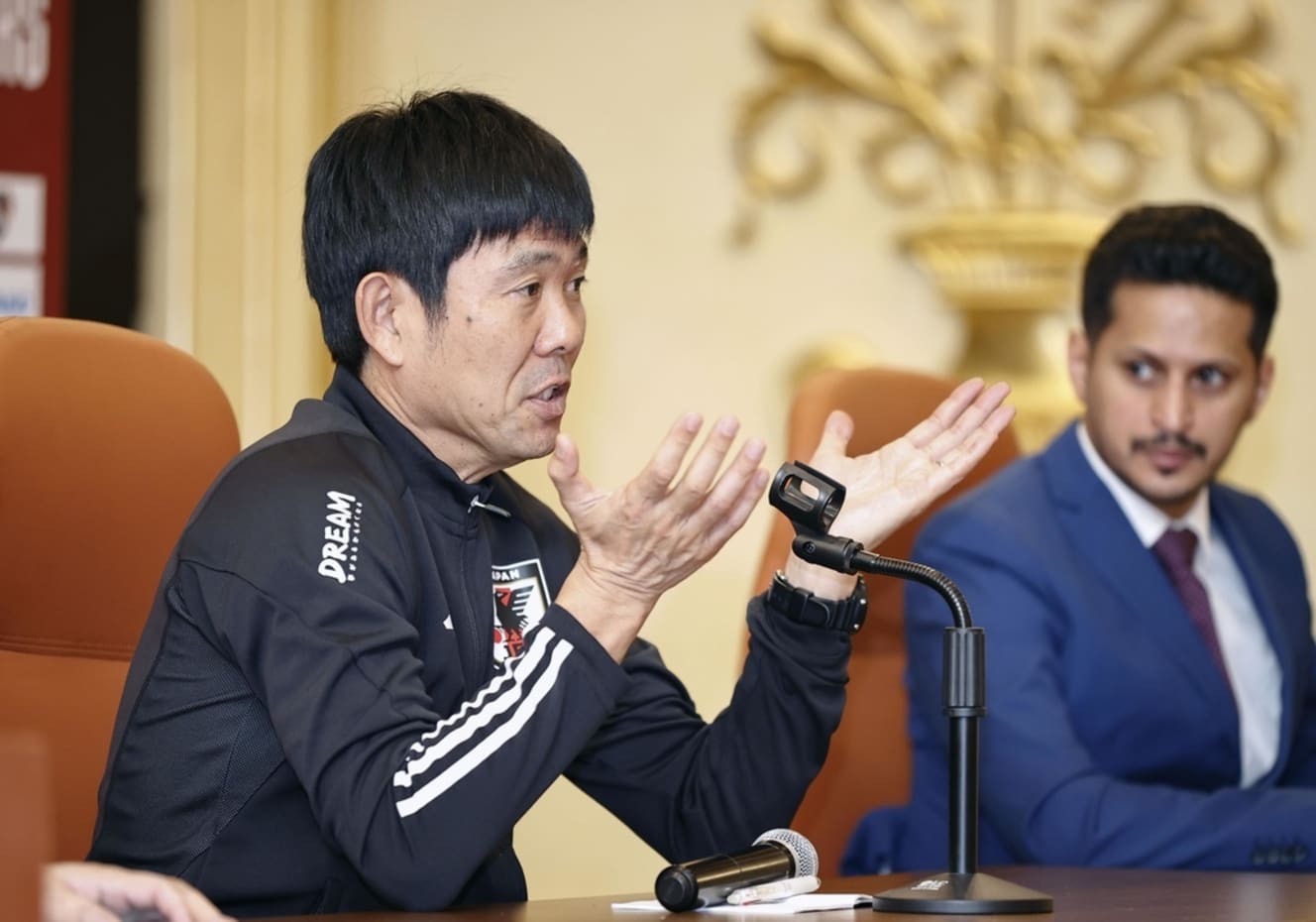Estimated 200 Million Yen for TV rights fee for Syria match? Behind the scenes of the humiliation of Moriyasu Japan, the strongest team in the history of Japan, for the first time in its history “without live TV broadcast”.

The broadcasting rights fee for soccer is getting bigger and bigger, and the ability of each association to negotiate the price is being questioned, as they want to enrich themselves financially as much as possible. Not only Japan, but all associations have contracted agencies to handle the negotiations, with Dentsu handling the negotiations in Japan, and PRO, an agency in the United Arab Emirates (UAE), handling the external negotiations in Syria, where the soccer association is not functioning due to the civil war.
At an official press conference held on November 20, the day before the Syria match, the CEO of PRO (Mr. Youssef) suddenly appeared at the press conference and made the following statement regarding the broadcasting rights fee issue.
He said, “We have lowered the price by 30 to 40% compared to the Asian qualifier for the Russia ’18 tournament (Syria vs. Japan).
In other words, he claimed that the JFA was responsible for the breakdown of negotiations. In fact, it was Dentsu again that was negotiating the broadcasting rights.
In the renewal of the sponsorship contract that took place in March ’23, the JFA signed a partnership agreement with Dentsu for eight years, through 2030. The second Moriyasu Japan team’s domestic tournaments are also led by Dentsu.
Until now, Dentsu has taken the lead in negotiations for broadcasting rights fees for major international tournaments, but this is not the case anymore. In the case of last year’s World Cup in Qatar, the TV stations alone were initially trying to sign a contract for broadcasting rights, but in the end, the price could not be lowered and the negotiations could not be settled. As a last chance, Dentsu approached ABEMA, an Internet TV service, and managed to broadcast the World Cup tournament live.
It is an undeniable fact that Dentsu’s support was instrumental in JFA’s rapid development. On the other hand, Dentsu’s influence is not as strong as it used to be after it was reported that the company was involved in a financial scandal involving the Tokyo Olympics. Following last year’s World Cup, the JFA has not been able to exert its power with regard to negotiations for broadcasting rights fees.
The Asian qualifiers for the World Cup are hosted by the AFC. President Tajima is also a member of the AFC Board of Directors and, on behalf of the AFC, also serves as a member of the FIFA Board of Directors.
Tajima has repeatedly insisted at AFC meetings that his country’s associations should be given the right to freely pay broadcasting rights fees for the final qualifying rounds, as is the case on other continents .That is not true,” was the reply, and President Tajima’s insistence has been brushed aside, leaving a parallel line of argument.
It is expected that Asian countries will continue to “copy” the methods that the JFA has developed with the assistance of its agents, and demand high broadcasting rights fees for games played in enemy countries. Therefore, it is quite possible that JFA will not be able to broadcast a match away from home that decides who qualifies for the World Cup. The JFA is now facing a major turning point, as Dentsu, on which it has been relying heavily, no longer has the divine power it once did.
PHOTO: Jiji Press (1st photo), Kyodo Press (2nd photo)